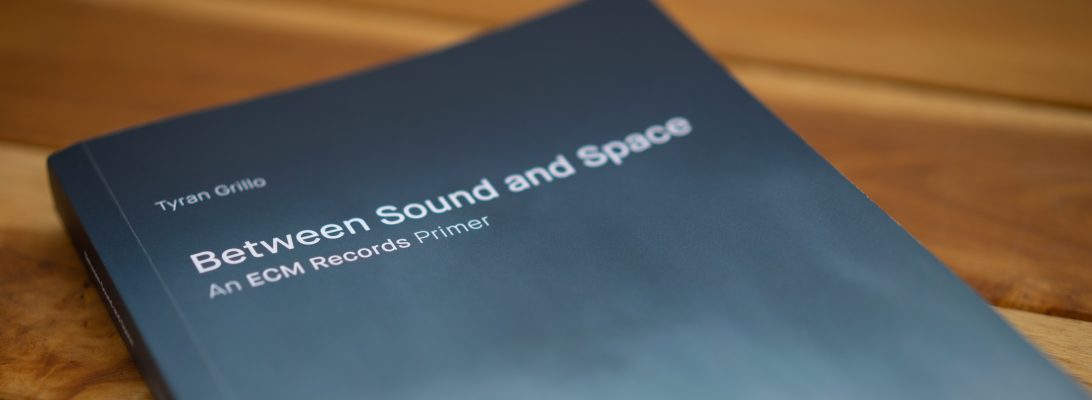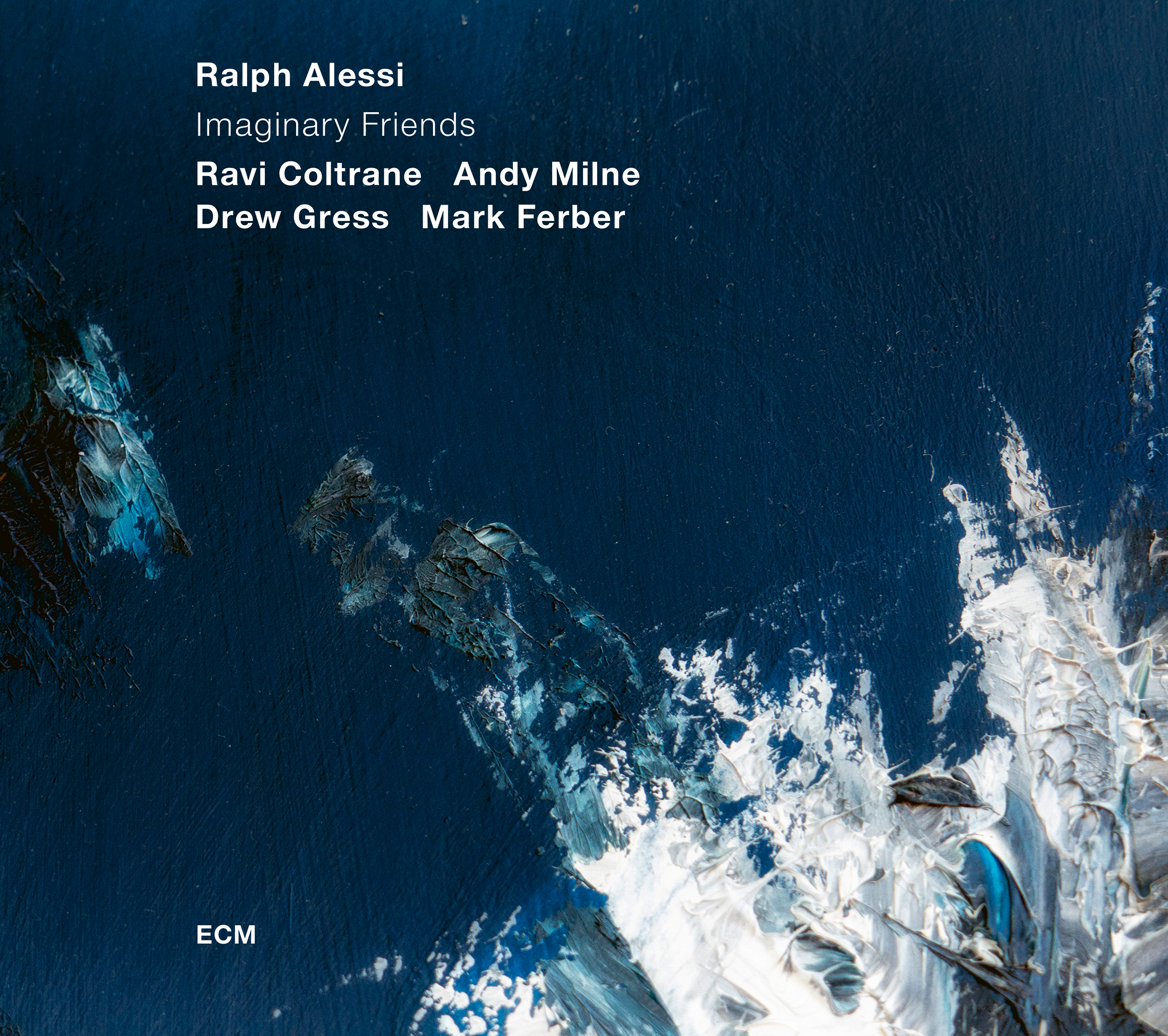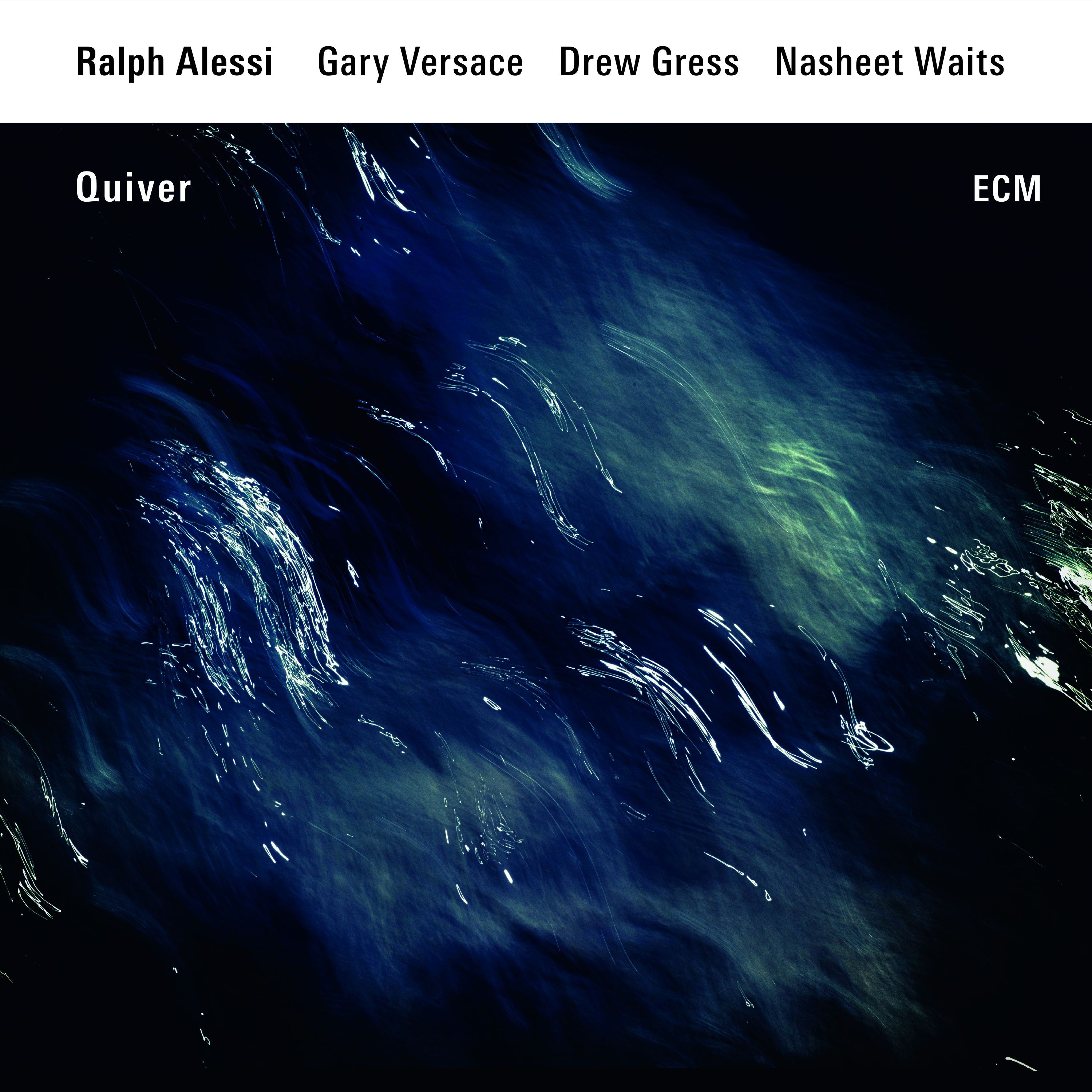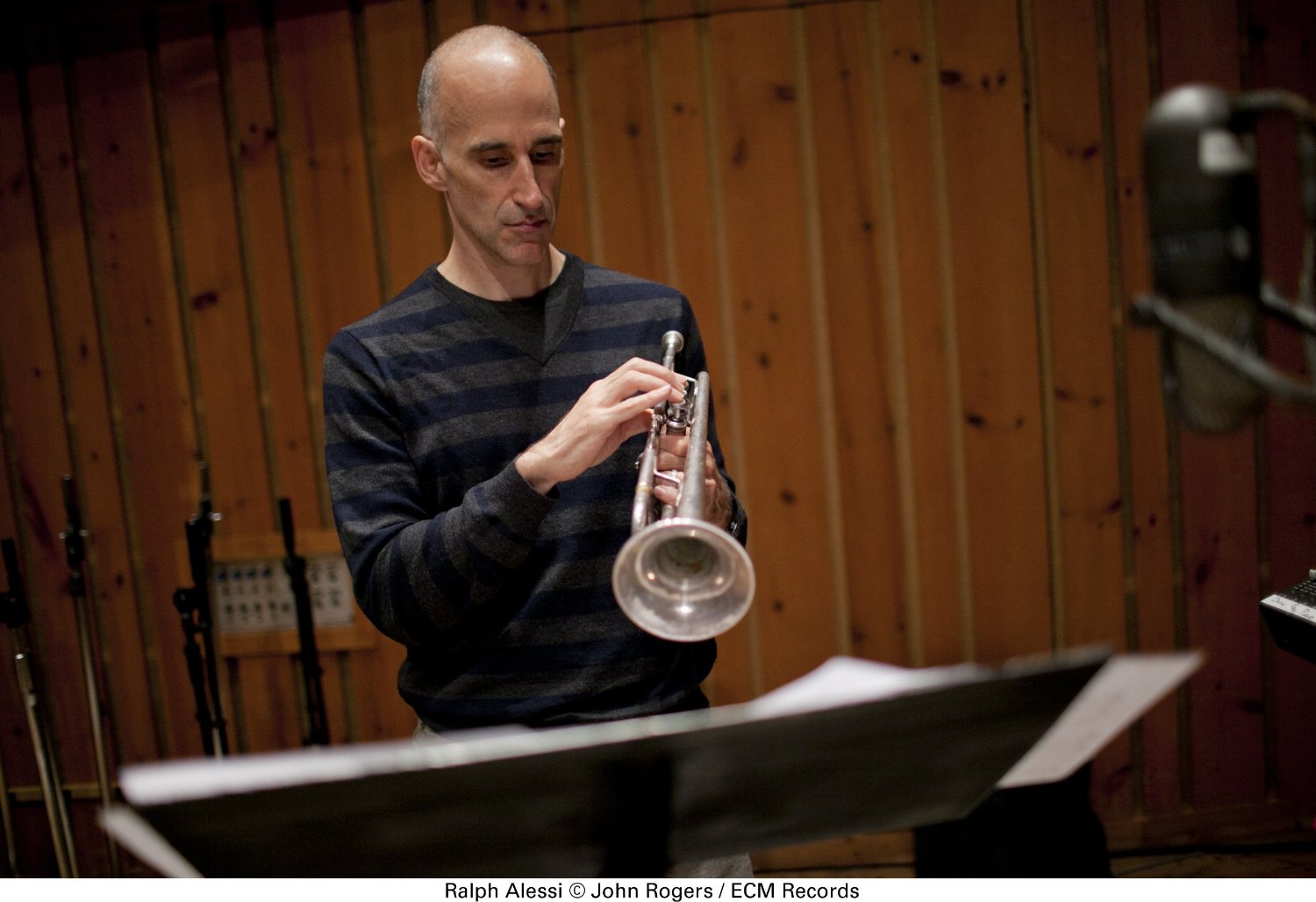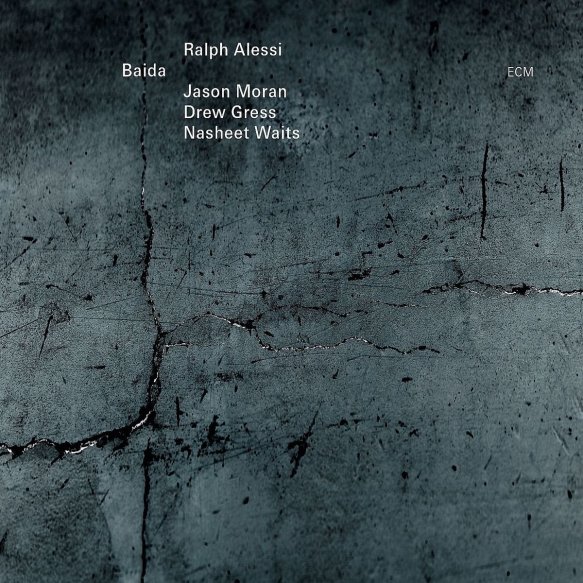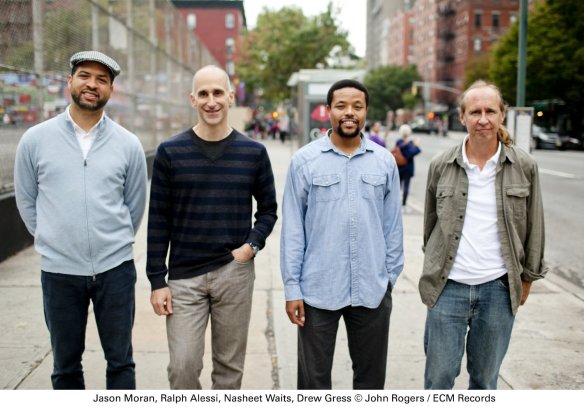
Ralph Alessi Quartet
It’s Always Now
Ralph Alessi trumpet
Florian Weber piano
Bänz Oester double bass
Gerry Hemingway drums
Recorded June 2021, ArteSuono Studio, Udine
Engineer: Stefano Amerio
Mixed December 2022 at Radiostudio RSI, Lugano by Manfred Eicher and Stefano Amerio
Cover: Fidel Sclavo
Produced by Manfred Eicher
Release date: March 17, 2023
Trumpeter Ralph Alessi returns to ECM with his fourth leader date for the label, this time with a newly minted European quartet that reflects his relocation to Switzerland in 2020. Alongside Florian Weber (piano), Bänz Oester (bass), and Gerry Hemingway (drums), he carves out a vivid baker’s dozen of original material.
“Hypnagogic” not only sets a tone but also establishes the album’s heart, the veins and arteries of which are traced with anatomical faithfulness by Alessi and Weber. It’s one of a handful of duo turns (including the subcutaneous title track) building on their nearly 20-year relationship as sonic allies. Abstract yet comforting, their dialogues feel like waking from a dream yet holding on to its fading tendrils. The effect is such that when the light of “Migratory Party” reveals a rhythm section trailing an even longer history, the band’s ability to balance independent voices and melismatic intermingling reigns supreme.
Both as musician and composer, Alessi creates constant washes of color. Whether in the groovier strains of “Residue” (a fantastic testimony of Oester’s talents) or in the nocturnal urbanism of “The Shadow Side” and “Diagonal Lady,” he navigates every moment as a director would a scene of actors improvising within a loose script. The latter two tunes have a three-dimensional feel that yields the album’s deepest magic.
When at its most forthright (“His Hopes, His Fears, His Tears” and “Everything Mirrors Everything”), the band swings forward and backward rather than side to side, while the dramatic resolution of “Hanging by a Thread” leads perfectly to the concluding “Tumbleweed,” bringing us back to where it all began.
(This review originally appeared in the April 2023 issue of The New York City Jazz Record, a full PDF of which is available here.)

